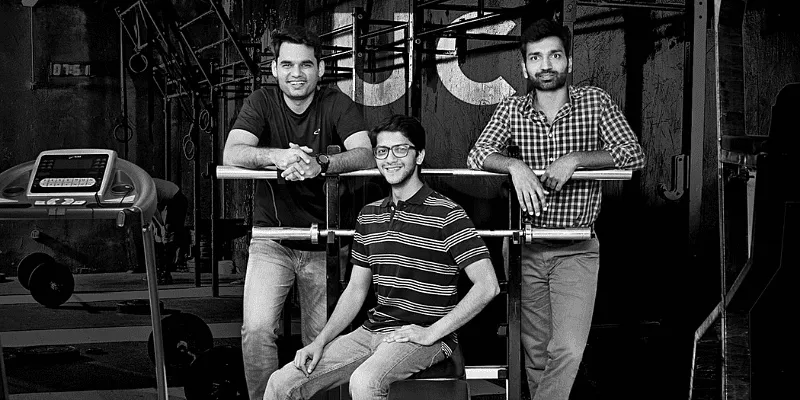Respect, formalisation, and better pay: Urban Company’s way of winning gig workers
Speaking at the TiE Delhi-NCR’s India Internet Day, Urban Company CEO and Co-founder Abhiraj Bhal shared how the unicorn is keeping its gig workers happy.
The debate around the working conditions and plight of India’s gig workers is unending, and keeps getting intense from time to time. But, (erstwhile Urban Clap) scored 8 out of 10 points, the highest, in Fairwork India Ratings 2020 Report, released in December last year.
As an organisation, Fairwork focuses on highlighting the best and worst practices in the platform economy. The report, which was spearheaded by the Centre for IT and Public Policy (CITAPP) at the International Institute of Information Technology Bangalore (IIITB), along with partners at the University of Oxford and the University of Manchester, gave the lowest scores of 1 out of 10 points each to Zomato, Swiggy, and Uber. While Flipkart's subsidiary Ekart scored 7 out of 10 points, Dunzo and Grofers scored 4 out of 10 points each.
At TiE Delhi-NCR’s India Internet Day, while sharing the secret of Urban Company’s top score, Abhiraj Bhal, Co-founder and CEO, said, that the unicorn functions as a formalisation and transformation platform for gig workers, and the workers associated with the Urban Company earn much more than they earned in their unorganised avatar.

Urban Company co-founders (from left to right): Abhiraj, Raghav, and Varun
Abhiraj pointed that before joining Urban Company, its gig workers would earn around Rs 10,000 to Rs 15,000 a month, and sometimes lesser, especially in smaller cities because they were part of the unorganised, informal, and fragmented local services sector.
“Urban Company is not just a technology platform that gives access to customers, but it is a formalisation and transformation platform, where every service professional goes through extensive training,” Abhiraj added.
Further, he added that Urban Company does background verification, enables the partners with standardised tools, products, and consumables for their use, which gets delivered to them directly at their doorstep, so that they have access to high-quality genuine products and tools at a very convenient and low cost.
Beyond providing livelihood opportunities, Urban Company also helps its service professionals to open bank accounts, offer them variety of loans including the loans to finance the initial kits and training.
“We help them with loans for vehicles and homes. The platform (Urban Company) provides them with life, accidental, and health insurance,” Abhiraj said.
Abhiraj also shared that 93 percent of its service professionals are fully vaccinated. “We have helped them during the pandemic with soft loans, with payout structures and various other schemes to ensure that they get the confidence that we stand by them,” he added.
Abhiraj added that more than anything else, it's the impact of earnings that counts the most. He asserted that ultimately what service professionals want is better earnings. However, at Urban Company, a professional earns an average of Rs 35,000 to Rs 40,000 a month, and top performers earn between Rs 70,000 to Rs 90,000 a month, and that's because the professionals keep 75-80 percent of what consumers pay, versus exactly the opposite in the offline world.
Besides all the benefits and enabling gig workers with earning opportunities, Abhiraj opines that ‘respect’ forms a very large aspect for the gig workers.
“This is a sector that has historically not been respected, and for Urban Company professionals, one of the things they love about their job, beyond earnings, training, and formalisation, is the respect they get,” Abhiraj said.
Urban Company has more than 35,000 service partners across India in 35 cities and is present globally across the UAE, Singapore, Australia, and the Kingdom of Saudi Arabia. It offers a variety of home services to consumers, including beauty treatments, haircut, deep cleaning, pest control plumbing, carpentry, appliance repairs, and more.
Edited by Rajiv Bhuva








